Innovative program embeds postdoctoral fellows in Kaiser Permanente’s integrated health care delivery system
When Esti Iturralde, PhD, was finishing graduate school in clinical psychology, she heard a radio news story about a postdoctoral researcher studying the real-world effectiveness of medication to prevent HIV infection. “The report said she was at the at the Kaiser Permanente Division of Research,” recalled Iturralde. “I thought, wow, I need to learn about this place because I also want to do research that directly impacts people’s lives.”
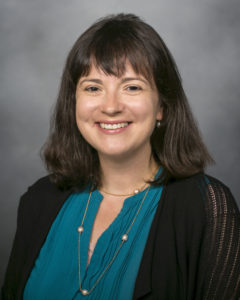
Everything Iturralde heard about the Division of Research (DOR) made its Delivery Science Fellowship Program her top choice for the next phase of her career — postdoctoral research at the intersection of mental health and chronic illness. In 2017, she was accepted into the 2-year program. And, after graduating from the fellowship in 2019, she was offered a position as a DOR research scientist. Since then, Iturralde has received multiple funded grants, including a 5-year career development award from the National Institute of Mental Health. She’s also publishing research that is covered in news stories like the one that first led her to DOR.
Co-founded in 2012 by DOR Research Scientists Richard W. Grant, MD, MPH, and Julie Schmittdiel, PhD, and funded by The Permanente Medical Group (TPMG), the fellowship offers training and mentorship to junior investigators interested in research aimed at improving health care delivery. A recent article by Grant, Schmittdiel, and colleagues who oversee the fellowship describes lessons learned over the past decade and future goals. Their findings were published March 22 in Learning Health Systems.
What is delivery science?
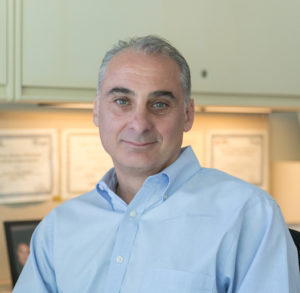
Delivery science research focuses on ways to translate findings from basic science and clinical studies into clinical practice to ensure patients get the best care, efficiently delivered. “In delivery science we are continually asking the question, ‘How can we improve the quality of health care for everyone?’” said Grant, the director of the Delivery Science Fellowship Program and the paper’s lead author. “Most traditional fellowship programs are either clinical fellowships for physicians or focus on methods for conducting basic science or epidemiologic studies. Our fellowship is one of only a handful in the country that was established specifically to train physicians and researchers who are interested in a career in health care delivery redesign and quality improvement.”
The 2-year fellowship includes both scientific and career mentoring to help fellows focus their research on topics that have a direct operational impact, disseminate their results, and, ultimately, transition to the next stage of their career. Each year, about 25 applicants have applied for a fellowship position.
In delivery science we are continually asking the question, ‘How can we improve the quality of health care for everyone?’
– Fellowship Program Director Richard W. Grant, MD, MPH
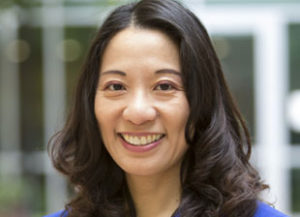
“From the outset, TPMG has been a strong supporter of this program,” said co-author Yi-Fen Irene Chen, associate executive director for TPMG. “We quickly recognized the benefit of bringing researchers and operational leaders together to work on a set of problems that are of high priority to Kaiser Permanente Northern California and TPMG, and their work continues to improve our care in myriad ways.”
To date, 22 fellows have participated in the program, and the range of their doctoral training backgrounds — MD, PhD, and PharmD — has created important opportunities for cross-disciplinary collaboration. Their mentors have been equally diverse, representing the fields of behavioral health, cancer, cardiovascular disease, diabetes, health disparities, and women’s health.
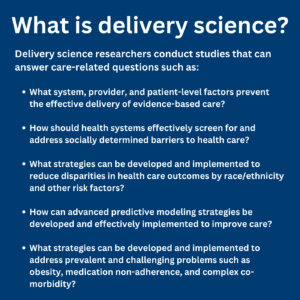 “We established this program to catalyze interest in the field of delivery science among researchers and operations leaders at Kaiser Permanente,” said Schmittdiel, who is now the director of DOR’s Health Care Delivery and Policy section and the associate director of the Fellowship Program. “We also knew that our fellows would leave with the training and expertise to help other learning health systems and academic medical centers build integrated research programs that could improve health outcomes.”
“We established this program to catalyze interest in the field of delivery science among researchers and operations leaders at Kaiser Permanente,” said Schmittdiel, who is now the director of DOR’s Health Care Delivery and Policy section and the associate director of the Fellowship Program. “We also knew that our fellows would leave with the training and expertise to help other learning health systems and academic medical centers build integrated research programs that could improve health outcomes.”
A first publication
Scott Casey, MD, MS, started his Delivery Science Fellowship in 2022 shortly after finishing his residency in emergency medicine at the University of California, Davis, and joining The Permanente Medical Group as an emergency physician. Casey said it was both the reputation of DOR’s research scientists and the opportunity to study delivery science in the emergency department that drew him to the fellowship. His first lead-author study, published in March in the Annals of Emergency Medicine, examined factors that predict which patients with a blood clot in their lungs — a pulmonary embolism — will need to be hospitalized.
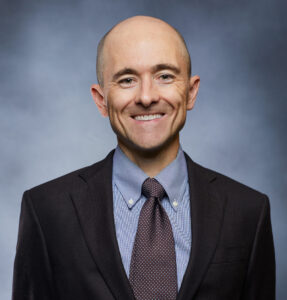
“Approaching problems using a delivery science framework allows you to scrutinize any point along the continuum of care that starts with a scientific idea and ends with a practical benefit to an individual patient,” said Casey. “The fellowship has allowed me to use delivery science methods to improve how emergency physicians care for our patients.”
An academic path
Tainayah Thomas, PhD, MPH, first learned about the Delivery Science Fellowship when she reached out to Schmittdiel for guidance on her dissertation research, which was based on one of Schmittdiel’s studies. “Julie was enthusiastic about my work and her team’s collaborative nature and positive energy stuck with me and, 2 years later, when I finished my PhD and was looking at fellowships, DOR was at the top of my list,” she said.

After completing her fellowship at the DOR — with Schmittdiel as one of her mentors — Thomas accepted a position as an assistant professor in the Department of Epidemiology and Population Health at Stanford University, where her research continues to focus on primary care improvement and diabetes prevention and management among racially and ethnically diverse populations.
“Access to honest, thoughtful, collaborative, and committed mentors was the highlight of my experience,” said Thomas. “In addition, the structured mentorship and fellowship program simultaneously focused on supporting me in moving my research agenda forward and gaining practical skill building in navigating the academic job market, prepared me for a competitive job market and to make a successful move into academia.”
Looking ahead
Both Grant and Schmittdiel say they intend to take the lessons they have learned over the past decade to continue to strengthen the fellowship program, broaden the field of applicants, and develop future researchers in the field of delivery science.
“We are thrilled with the success we have had,” said Schmittdiel. “We also look forward to expanding our reach by developing joint research training models in collaboration with clinical fellowships, and to continuing to support and strengthen our fellows’ transitions from the fellowship to the workforce.”
Added Grant, “Our training and experience in the methods of delivery science shaped how we pursued our goal of developing and implementing the best possible fellowship program. Now, we are using these same skills combined with what we have learned to look at what will make the program even more effective.”
The study was funded by The Permanente Medical Group.
Co-authors include Tracy A. Lieu, MD, MPH, Vincent X. Liu, MD, MS, and Karen Estacio, BA, of the Division of Research.
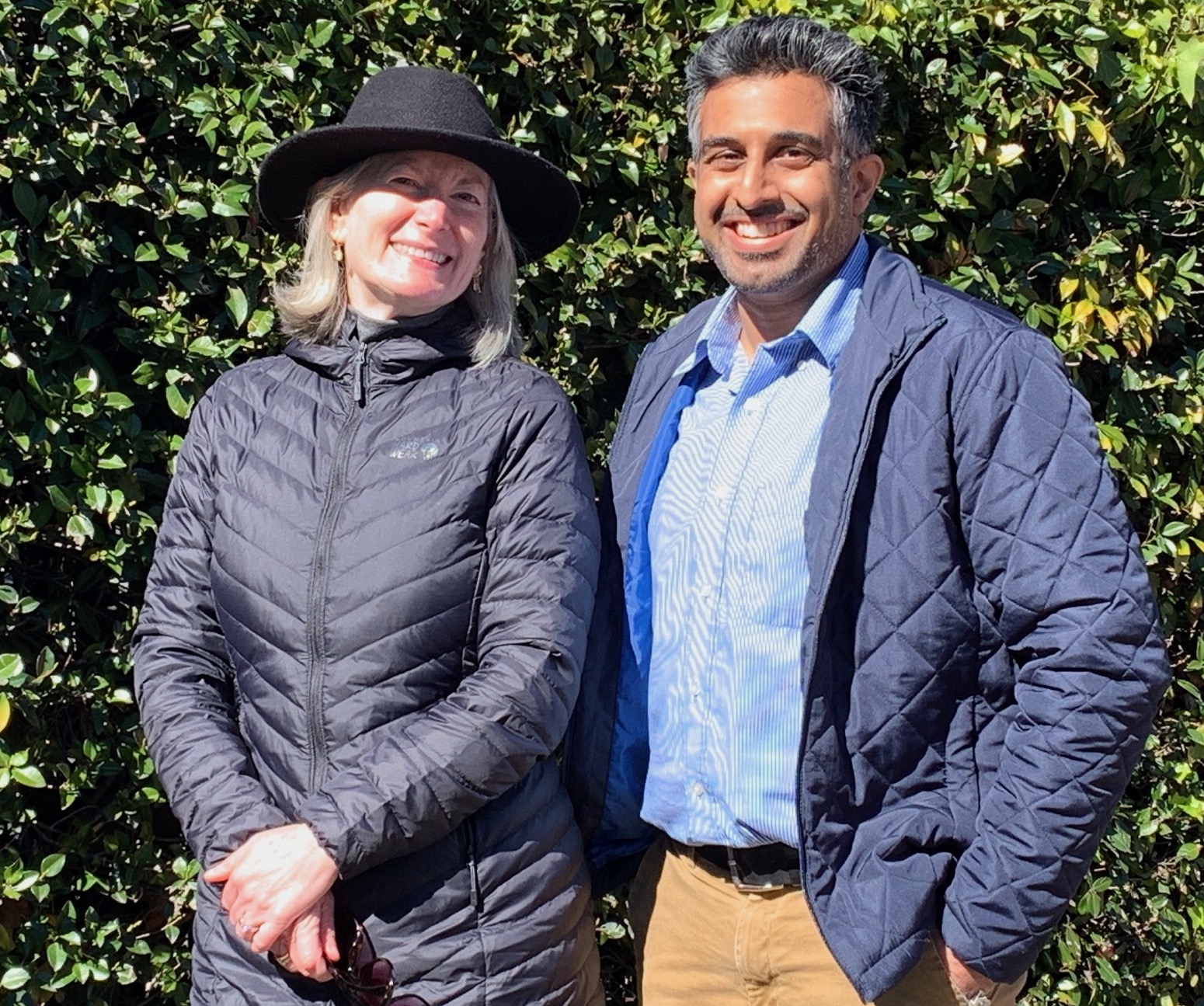




Comments (0)